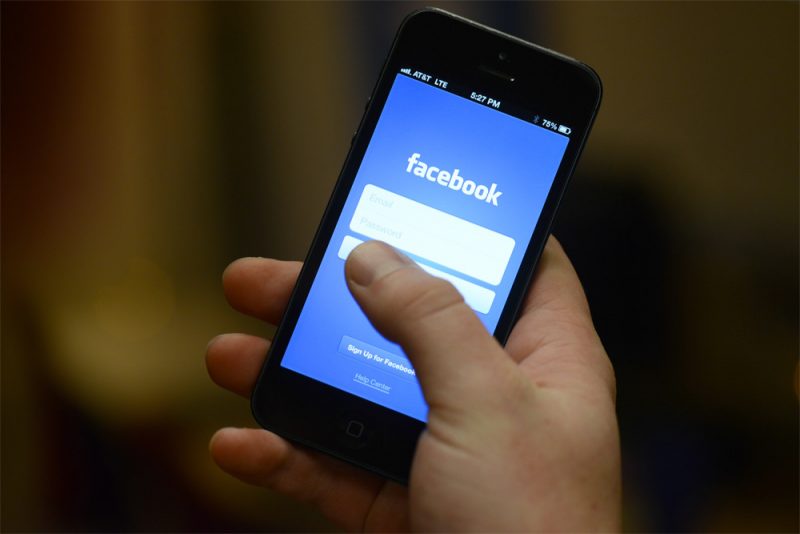In the world of lawsuits, tribunals and top tech companies, the latest feud between Microsoft and Elon Musk exudes a capricious battleground in the world of generative AI.
Big tech-famed Microsoft decreed that it would be dropping social media site Twitter from its social-media scheduling advertising platform, according to Mashable.
Microsoft’s Smart Campaigns service enabled ad buyers to maintain their social media campaigns and maneuver between different social media accounts including Facebook, Instagram, Twitter, and LinkedIn from a single source. But the new regime dictates the unavailability of services such as creating tweets, drafts, or seeing past tweets’ engagement, effective from April 25.
The startling announcement was indeed driven by the decision of Twitter’s CEO Elon Musk’s amendments and new regulations, which implemented hefty charges to businesses for accessing its API (programming interface).
NEWS: Microsoft drops Twitter from its advertising platform as they refuse to pay Twitter’s API fees. pic.twitter.com/dY6YBIxjo5
— T(w)itter Daily News (@TitterDaily) April 19, 2023
In response to the announcement, Musk threatened to sue Microsoft, accusing the tech giant of illegally using Twitter’s data to train its artificial intelligence model based on OpenAI.
Elon Musk’s Legal Battle With Microsoft: Twitter Feud Over API
The recent developments of Microsoft’s API feud with Twitter’s Elon Musk are indicative of how easily a company can slip through the cracks in the system of data ownership.
Data ownership refers to the dual concept of possessing and holding responsibility for information, and apart from creating, modifying, deriving benefits, and selling, data owners have the right to make these privileges available to others or devoid them of it.
While many big tech companies are trying their damnedest to deliver cutting-edge AI language models like OpenAI’s ChatGPT, many data owners are also seeking to cease them or levy charges for the usage of their content.
The Musk-led social media platform’s new pricing arrangement furbishes larger companies such as Microsoft to oblige to grinding out $42,000 per month for accessing Twitter’s API. Consequently, smaller developers such as Tweetbot maker Tapbots have bid tearful goodbyes to the platform.

In December, Musk threw caution to the wind and implied that Twitter would soon ‘pause’ OpenAI’s access to its database. But it is also pivotal to note that while Musk may have threatened to sue Microsoft, in the past, the Tesla and SpaceX CEO has often tweeted of plans that have never seen the light of the day. So until a lawsuit comes to fruition, one can consider Musk’s Twitter Microsoft exchange as a vague legal threat.
Speculations Of The Reason For The Microsoft-Twitter API Feud With Elon Musk
OpenAI, an AI research lab was co-founded by Elon Musk and it had a good run until his team and Musk had a rendezvous with a difference in opinions, which prompted the latter to abandon the AI company, in 2018.
Presently, Microsoft is a noteworthy and perhaps the biggest investor in OpenAI with a stake of nearly $13 billion. While both companies are separate entities, the ChatGPT-fame company’s services are transitioning into being incorporated into Microsoft’s platforms such as Bing, Edge, and Microsoft 365. Although Microsoft develops its own large language models (LLMs), the tech giant has also been selling access to OpenAI’s models.

Recently complaining of OpenAI’s intended purpose going off track from a nonprofit model to a Microsoft-influenced profit-pragmatic business, Musk’s legal threat to Microsoft is speculated to be because of OpenAI’s usage of Twitter data to train.
Social networks capture informal conversations that persist back-and-forth making it a quite valuable piece of training data for LLMs. But as AI models are manifesting from their labs to the real corporate world, data owners have changed their colors to make demands.
In other industries, earlier this week, Reddit announced plans of charging companies for accessing its programming interface – the data that was fed to AI training software.
Getty Images is also allegedly suing Stable Diffusion under the suspicion of content-copying to train the AI image generator.






